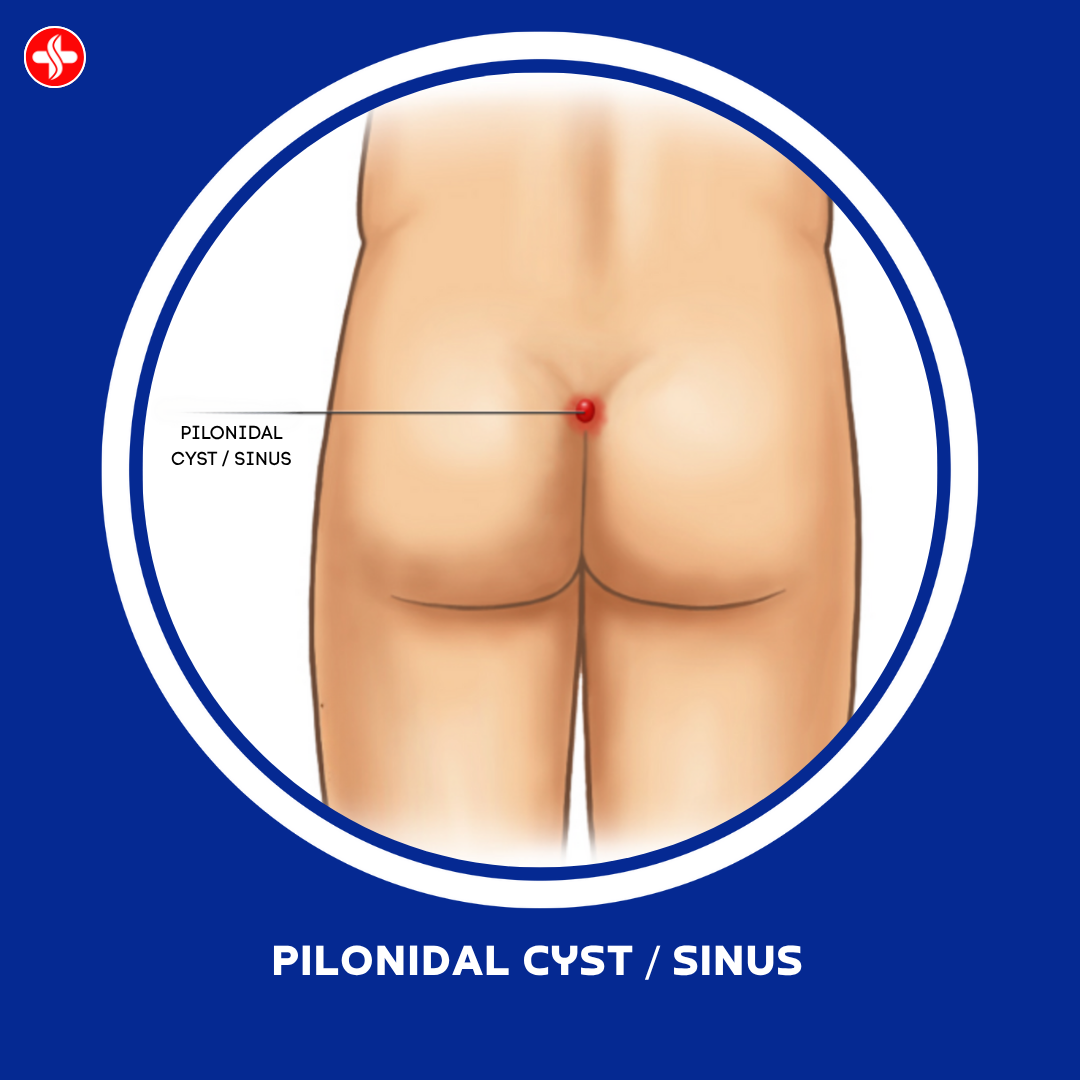The Role of Laser Surgery in Proctology
Introduction:
Proctology, a branch of medicine that deals with the diagnosis and treatment of disorders related to the rectum and anus, has witnessed a significant transformation in recent years with the integration of laser surgery. This groundbreaking approach is changing the way proctologists diagnose and treat various conditions, offering patients a minimally invasive, less painful, and highly effective alternative to traditional surgical methods. In this blog post, we’ll explore the role of laser surgery in proctology and how it is revolutionizing the field.
The Basics of Laser Surgery in Proctology:
Laser surgery in proctology involves the use of highly focused beams of light (laser) to cut, vaporize, or remove tissues with remarkable precision. This technique is gaining popularity in proctology for its ability to treat various conditions, including hemorrhoids, anal fissures, and rectal tumors.
1. Hemorrhoid Treatment:
Hemorrhoids, a common and often painful condition, can be effectively treated with laser surgery. Laser energy is used to shrink and destroy the hemorrhoidal tissue, providing relief from discomfort, bleeding, and swelling. The procedure is minimally invasive, resulting in less pain and faster recovery times compared to traditional surgical methods.
2. Anal Fissure Repair:
Anal fissures, small tears in the anal lining, can cause excruciating pain and discomfort. Laser surgery can precisely target and repair these fissures, promoting faster healing and reducing the risk of recurrence.
3. Fistula and Abscess Management:
Laser surgery has proven invaluable in treating anal fistulas and abscesses. The controlled application of laser energy allows for precise incision and drainage, reducing the risk of complications and promoting quicker healing.
4. Management of Rectal Tumors:
Laser surgery has also found utility in the treatment of benign and early-stage malignant rectal tumors. Its precision allows surgeons to selectively remove tumor tissue while preserving healthy surrounding tissue, thus minimizing the risk of complications.
5. Polyp and Lesion Removal:
In cases of benign polyps or lesions in the rectal or anal area, laser surgery provides a precise and effective method for removal. The focused energy of the laser minimizes damage to surrounding tissue, enhancing patient outcomes.
Advantages of Laser Surgery in Proctology:
The adoption of laser surgery in proctology comes with a range of benefits for both patients and healthcare providers:
1. Minimally Invasive: Laser surgery requires smaller incisions, leading to reduced post-operative pain, shorter hospital stays, and quicker recovery times.
2. Reduced Bleeding: The laser’s precision cauterizes blood vessels during surgery, minimizing bleeding during and after the procedure.
3. Lower Risk of Infection: Smaller incisions and reduced tissue trauma translate into a reduced risk of infection and complications.
4. Enhanced Precision: The focused nature of laser energy enables proctologists to precisely target problem areas, preserving healthy tissue.
5. Less Scarring: Smaller incisions result in minimal scarring, leading to better cosmetic outcomes.
Future of Laser Surgery in Proctology:
As technology continues to advance, the role of laser surgery in proctology is poised to expand further. Future trends may include:
Robotic-Assisted Laser Surgery: Combining laser technology with robotic precision could enhance the accuracy and outcomes of proctological procedures.
Minimally Invasive Colorectal Surgery: Laser surgery may play a more significant role in the treatment of colorectal diseases and conditions, offering patients an alternative to open surgery.
Conclusion:
Laser surgery in proctology represents a significant leap forward in the treatment of rectal and anal disorders. Its minimally invasive nature, precision, and reduced recovery times are transforming the way proctologists approach patient care. As technology continues to evolve, we can anticipate even more remarkable innovations in laser surgery, further improving the lives of patients facing proctological conditions. This evolving field underscores the bright future of proctology and the promise of better patient outcomes.




